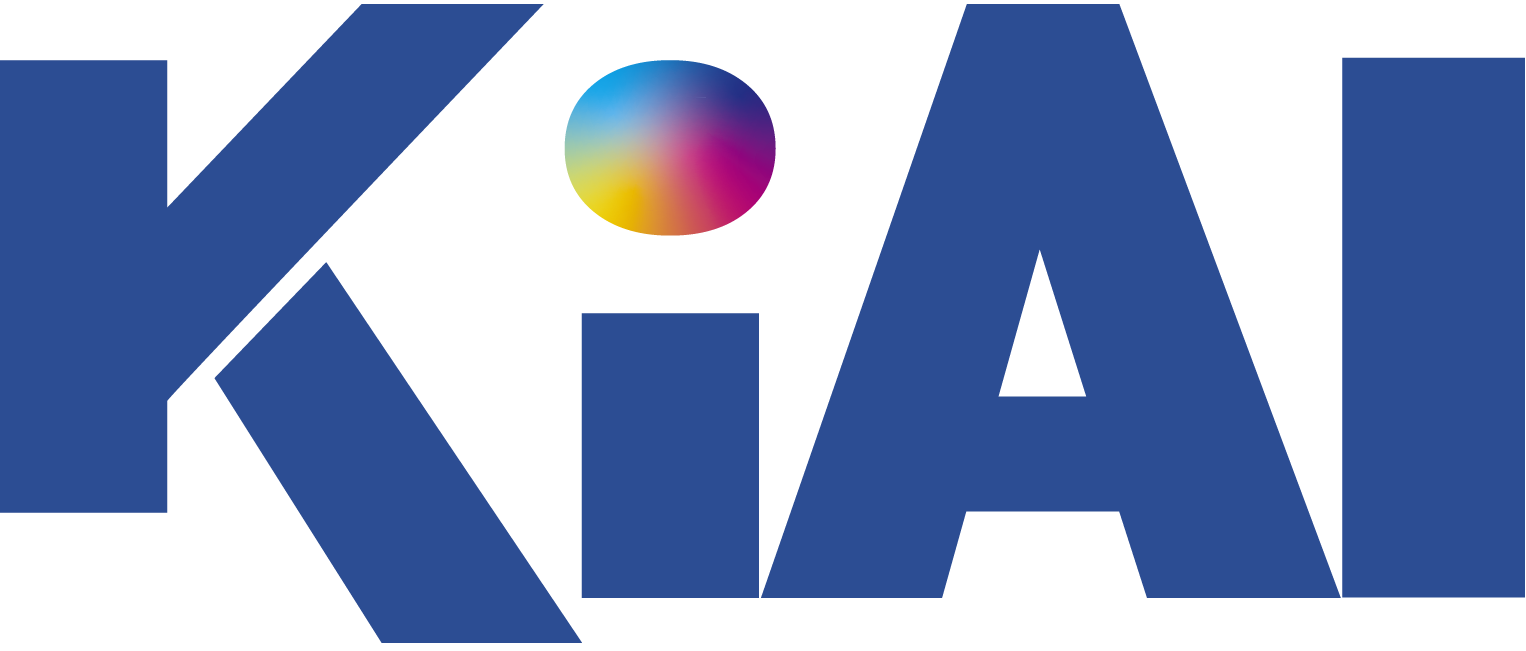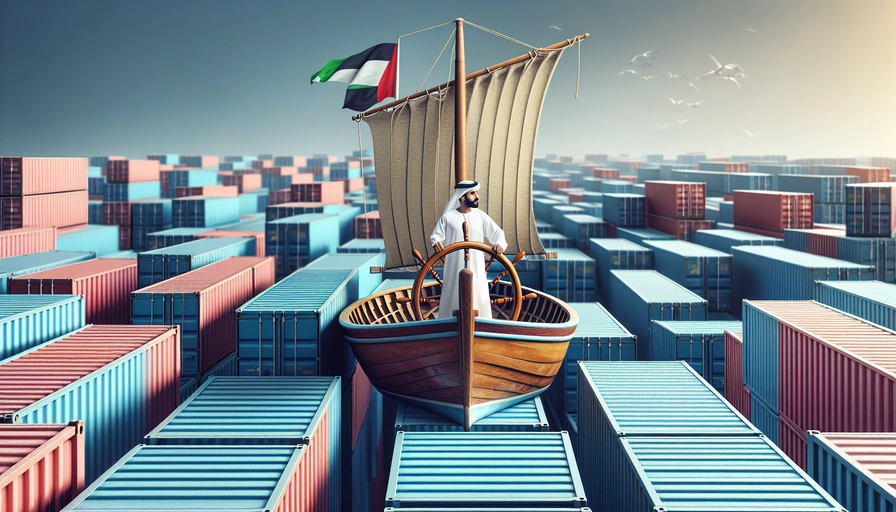The United Arab Emirates (UAE) is actively addressing trade barriers and enhancing its economic partnerships to bolster its position in the global market. Here are some key developments:
- UAE and Congo Economic Partnership: The UAE and Congo have signed a Comprehensive Economic Partnership Agreement (CEPA) aimed at increasing non-oil trade between the two countries from USD 3.1 billion in 2024 to USD 7.2 billion by 2032. The agreement will gradually eliminate tariffs on 99.5% of UAE goods exported to Congo and 98% of Congolese goods exported to the UAE over five years.
-
UAE’s Participation in IMFC Deputies’ Meeting: The UAE participated in the International Monetary and Financial Committee (IMFC) Deputies’ meeting in Riyadh, focusing on global economic challenges and strategies for strengthening international financial coordination. The UAE’s involvement underscores its commitment to supporting global financial stability and contributing to the formulation of international financial policies.
-
UAE and South Africa Aviation Agreement: The UAE and South Africa have amended their air services agreement to include additional operational rights for both countries’ national carriers. This aims to enhance air connectivity and strengthen bilateral ties, improving civil aviation cooperation between the two nations.
-
UAE’s Strategic Focus on African Partnerships: The UAE is strategically boosting its economic partnerships with African nations, as evidenced by the CEPA with Congo. This focus is part of a broader strategy to enhance trade and investment ties across the continent.
-
Impact of US Tariffs: The UAE is navigating the challenges posed by new US tariffs on various goods, which have caused significant disruptions in global supply chains. The UAE’s strategic location and robust infrastructure are expected to attract foreign investment, particularly from China, as companies seek alternative markets.
-
Dubai Free Zones Resilience: Despite the impact of Trump-era tariffs, Dubai’s free trade zones, such as the Dubai Multi Commodities Centre (DMCC), are expected to withstand the challenges. The DMCC plans to expand its AI, crypto, and Web3 hubs, demonstrating confidence in the resilience of Dubai’s economic zones.
-
UAE’s Role in Global Energy Market: The UAE’s strong net external asset positions provide a buffer against trade war shocks. Gulf banks, including those in the UAE, demonstrate high resilience to crises, with strong asset quality and profitability.
In summary, the UAE is proactively addressing trade barriers and enhancing its economic partnerships to navigate the complexities of global trade. By strengthening ties with African nations, participating in international financial discussions, and leveraging its strategic location, the UAE is positioning itself as a resilient and dynamic player in the global market. The country’s robust infrastructure and proactive economic policies are key to mitigating the impact of global trade disruptions and ensuring sustainable growth.

